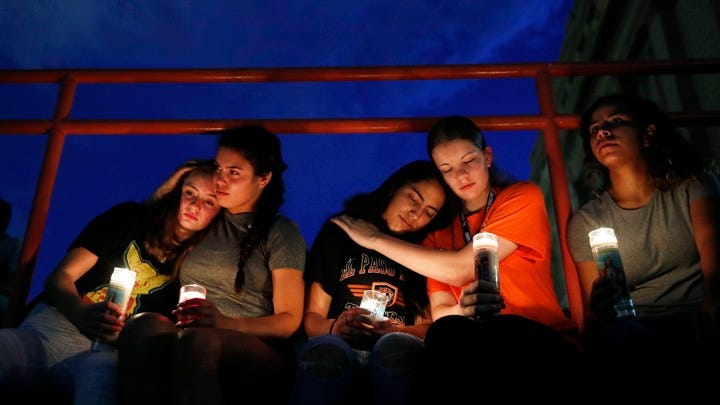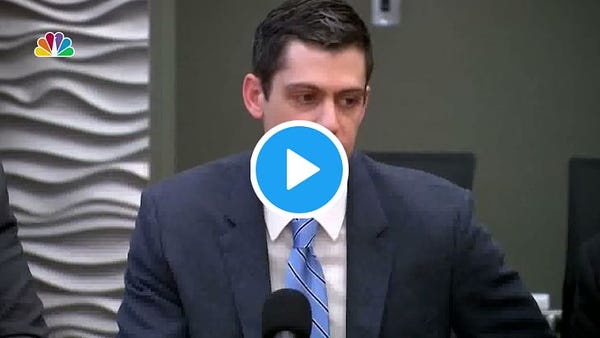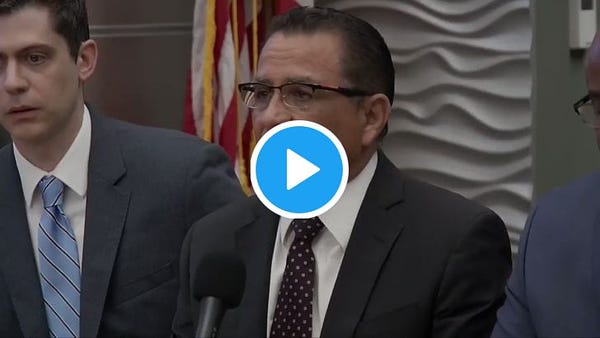When is Mental Illness a Defense for a Mass Shooter
“How can a mass murderer who shoots and kills more than 20 people not be mentally ill?” This is often one of the first questions we all have when thinking about what would drive a person to embrace this level of violence. This is a common train of thought after a mass shooting tragedy, like the ones we just witnessed in El Paso and Dayton and in Gilroy the week before that. The shooter in El Paso was apprehended and if he decides to plead not guilty, the issue of his mental state will likely be at issue. Each state has a specific standard for a defendant invoking an insanity defense, so in this instance we will limit our discussion to Texas state law and federal law as we discuss the ramifications for the El Paso shooter, Patrick Crusius.

An insanity defense is limited in how it can be invoked and these specific rules vary depending on state law. It’s important not to confuse an insanity defense with the issue of competency to stand trial. A defendant must be able to rationally understand the charges against him to be considered competent, and any party or the court may challenge a defendant’s competence to stand trial at any point in the proceedings.
In general, a defendant can use his impaired mental state as a defense if it impaired his ability to discern right from wrong at the time he committed the crime. Basically, if he knew his actions were illegal and he continued in his criminal actions, he cannot present an insanity defense to a jury. According to the law, a defendant asserting the insanity defense must provide notice to the court on a strict deadline and follow specific guidelines for the defense.
"Every man is to be presumed to be sane, and ... that to establish a defense on the ground of insanity, it must be clearly proved that, at the time of the committing of the act, the party accused was laboring under such a defect of reason, from disease of mind, and not to know the nature and quality of the act he was doing; or if he did know it, that he did not know he was doing what was wrong." — M'Naghten Rule, a test for criminal insanity, derived from English mid-19th Century law, that forms a foundation for most state laws
In a press conference on Sunday, we heard El Paso County District Attorney Jaime Esparza confirm that the state charge against Crusius will be Capital Murder and his office will be seeking the death penalty. The shooter can plead not guilty, but given the amount of evidence against him already, his options in mounting a reasonable defense are limited. A defendant who proceeds with an insanity defense is effectively admitting to the actions that constitute the alleged offense — he is arguing that he should not be held criminally responsible because he did not understand the nature and consequences of his actions. Under Texas law, the insanity defense requires a defendant to provide evidence of a “mental disease or defect” rendering them incapable of knowing the conduct in question was wrong.
The Texas Court of Criminal Appeals has found that the insanity defense requires proof of an “extreme delusional state” that caused the defendant to “misperceive the very nature of their acts,” or a belief that the act was “obeying rather than violating the laws of society.” For example, Andrea Yates, a woman who killed her children out of a belief that it was necessary to “drive out the devil” was found not to be insane under Texas law because she understood her actions were illegal even though she thought they were moral.
Certain factors could help in establishing an insanity defense: a well-established history of mental illness, a temporary snap in his mental state or any other triggering event that would have prevented his ability to discern right from wrong at the time of the event. However, there is an alleged manifesto, and if it was in fact written and disseminated by him, it will work against him in invoking an insanity defense, as it shows he was highly organized and his plan was substantially thought out.


Although the threshold for invoking an insanity defense is very high, the number of mass killers who won’t meet that standard, yet still suffer from mental illness is substantial. One third of mass killers have an untreated severe mental illness and depending on how the term “mental illness” is defined, the percentage is even higher. A recent federal study on mass attacks in public spaces shows that 40% of shooters had received a psychiatric diagnosis and 70% had qualifying “mental health stressors” or “mental health concerning behaviors” before the incident. So while it’s obvious that untreated mental illness is playing a significant role in the rising incidence of mass killings, it’s critical to recognize that mentally ill patients who are receiving treatment are no more at risk for violence than the general population. The increase in availability in guns, the increase in stressors in everyday life and the inclination for a person to be susceptible to violence all play a role, but are not a legal defense to mass killings.
As the case against the El Paso shooter proceeds and a full investigation is conducted, we will have a better understanding of the evidence that warrants the charges and how the defense team will proceed. As we grapple with understanding what would drive a person to do such a terrible thing, it’s important to recognize that the legal definition of insanity is distinct.
If you like this piece and you want to help promote independent journalism from a female perspective, please support my work by clicking the button below to sign up for a free subscription.
Amee Vanderpool writes the “Shero” Newsletter and is an attorney, contributor to Playboy Magazine, analyst for BBC radio and Director of The Inanna Project. She can be reached at avanderpool@gmail.com or follow her on Twitter @girlsreallyrule.





